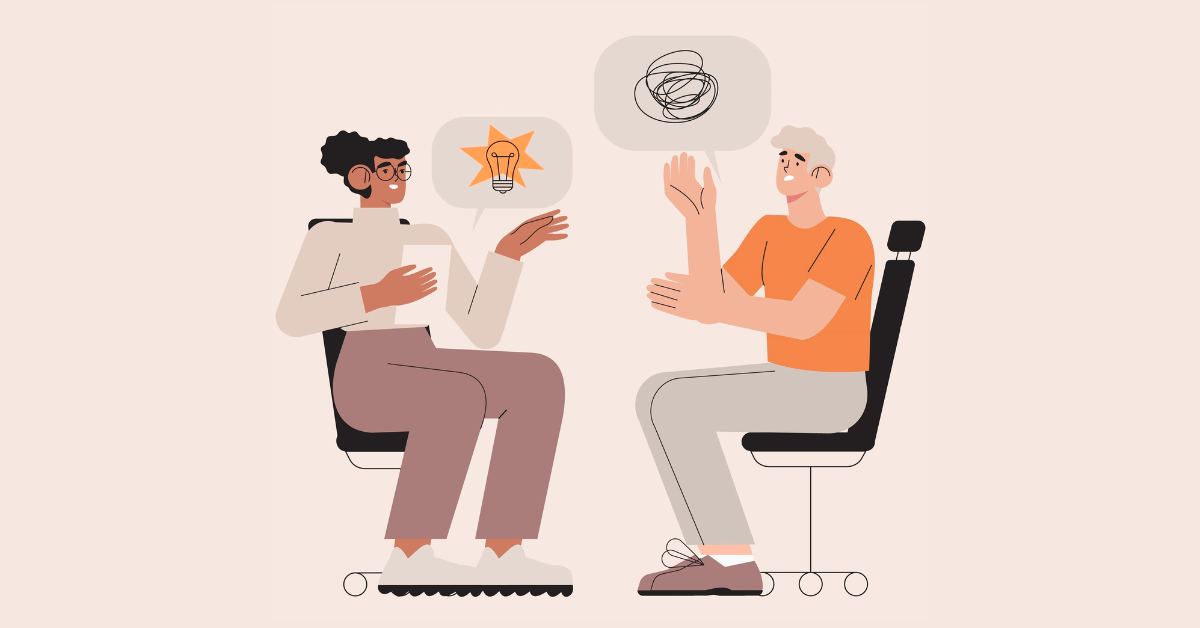|
Opportunities for engaging students in end of year reflections.
Reflection can be a powerful tool. It provides students a way to analyze and connect to their experiences, which can lead to better memory and increased confidence. However, when you Google “end of year reflection for students” you’ll see articles that link to a multitude of questions and activities. While having a plethora of resources can be helpful, it can also be overwhelming to sift through all of these options.
The first step is to figure out what exactly you want students to be reflecting on. Would you like the reflection to be more focused on academic learning? Or perhaps you’d like to provide the space for your students to reflect on their personal growth. Luckily, regardless of the goal you have in mind, there are plenty of multimodal ways you can reflect with your students.
Create the questions
If academic learning is the reflection goal in mind, you might be looking for students to answer the following questions:
If personal learning is the chosen reflection goal, you might be looking for students to answer the following questions:
Consider the structure(s)
Just as you’ll want to guide your students by offering them specific reflection questions, you’ll also want to consider how they respond to the questions, while also leaving room for creativity. Audio/Video Production Asking students to reflect on their learning in an audio/video format allows students to rehearse, re-record, and make use of other visuals that can support them depending on whether or not they want their face or voice in their recording. For academic reflections, students can compile interviews, informational videos, reels, photos, and/or documentary clips that focus on a certain topic. Students can pick learning that was meaningful to them or you can assign students different topics in order to ensure each unit/theme is represented in the videos. Another idea is to ask students to create “commercials” for the class, introducing some of the learning topics and “pitching” the course to their peers. If your class is an elective, you could share these commercials with your school community, and if your class is required, you might want to consider sharing these videos in the first week of the next school year as a way to get new students excited about the class. Encourage students to get creative! For example, if they are focusing on personal reflection by describing a moment that made them proud, you can give them the option of creating a storybook and recording a read-aloud. Artistic Offerings Artistic visuals can be timelines, collages, posters, or any other type of visual students might want to create. If students prefer more structure for their visuals, consider providing them with concept maps to make connections between the learning topics/units they experienced throughout the year. Although reflection questions might lend themselves to a traditional essay format, there are many other artistic writing genres that students can explore. For example, if a student found the Bubonic Plague interesting, consider asking them to write a diary entry from the perspective of someone living through that pandemic. Students might also write a newspaper article comparing the Bubonic Plague to the Covid-19 pandemic, enabling them to connect, compare, and contrast. Add in the options of narrative writing, a collection of poetry, a script, etc., and these artistic writings can be used for personal reflection as well!
Some possible resources for creative work
Need technology to help house videos, presentations, or posters? Some platforms that are free and user-friendly are Canva (templates, videos, presentations, and flyers), Flipgrid (video responses to discussion questions), and Animoto (videos). Don’t forget printed images! For students (or teachers) who want to get away from technology, collect magazines in your community and provide poster boards for students.
Looking ahead
After students are given the opportunity to reflect, create, and plan, you might want to consider how these reflections can be shared with the community, whether that means the school community or wider community. Partner up with other teachers who are asking their students to reflect and think about ways you might be able to showcase student learning during an end-of-year event in the cafeteria or gymnasium, or even in a virtual gallery housed on Google Classroom. It is also important to be aware of students who might be reflecting on personal growth and may want to keep their responses between you and them. Be sure to ask students if they feel comfortable sharing these reflections with others in order to determine how, or if, you might want to host a wider reflection event. Happy reflecting! |
|
The Center for Professional Education of Teachers (CPET) at Teachers College, Columbia University is committed to making excellent and equitable education accessible worldwide. CPET unites theory and practice to promote transformational change. We design innovative projects, cultivate sustainable partnerships, and conduct research through direct and online services to youth and educators. Grounded in adult learning theories, our six core principles structure our customized approach and expand the capacities of educators around the world.
|
ABOUT US
525 West 120th Street, Box 182 New York, NY 10027 416 Zankel Ph: (212) 678-3161 [email protected] Our Team Career Opportunities |
RESOURCES
Professional Articles Ready-to-Use Resources Teaching Today Podcast Upcoming PD Opportunities |
COACHING SERVICES
Custom Coaching Global Learning Alliance Literacy Unbound New Teacher Network Student Press Initiative |


























